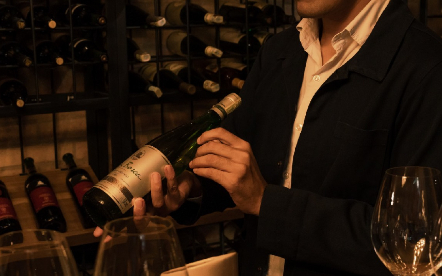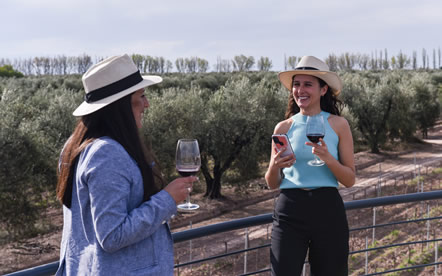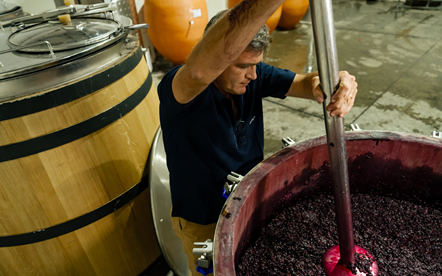
Evolution of the winemaker’s role
In recent times, the wine industry has witnessed a remarkable transformation, and much of this evolution is centered on the role of the winemaker. Previously relegated to the analysis of samples inside a laboratory, winemakers have now become indispensable figures in every winery in the country. Today, these professionals are not only limited to their laboratory tasks, but also tour the estates, explore new terroirs and even maintain direct contact with the media and consumers.
In another era, the winemaker’s role was limited to the chemical analysis of grape samples, musts and wines within the confines of the winery. They were not involved in pruning, harvesting or other important decisions made in the vineyard. Today, however, winemakers are primarily responsible for the entire winemaking process. They spend much of their time among the vines, working closely with the agronomists and making crucial decisions at all stages of cultivation and winemaking.
Many of these new tasks have arisen thanks to the development of science and technology, which have made it possible to improve the cultivation, production and conservation of wine. Advances in sciences such as chemistry, microbiology, genetics, climatology, among others, have been key to this new role, since they allow them to better understand and control the processes of fermentation, clarification, filtration, stabilization, aging and bottling.
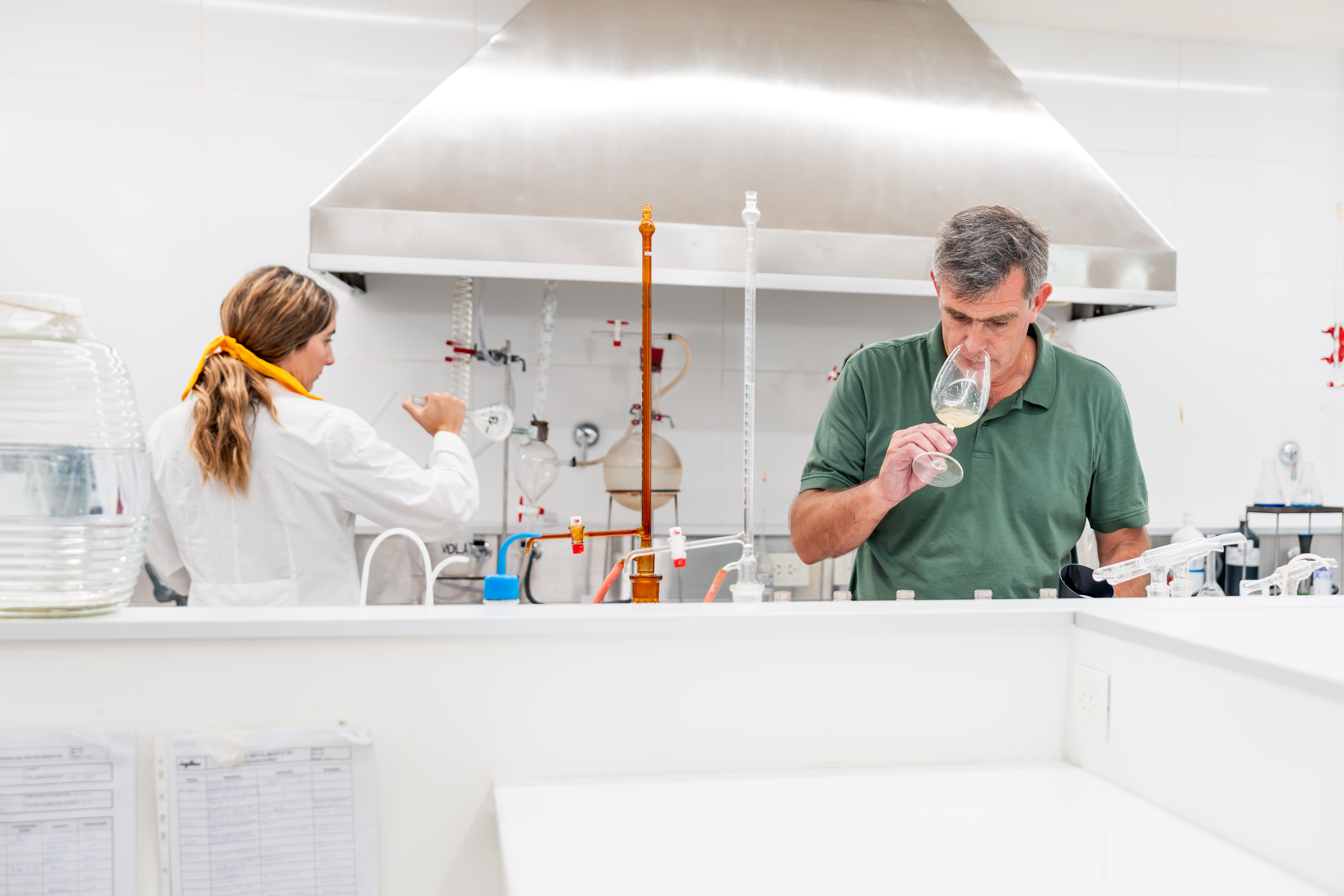
Today, winemakers have significantly expanded their scope and responsibilities.
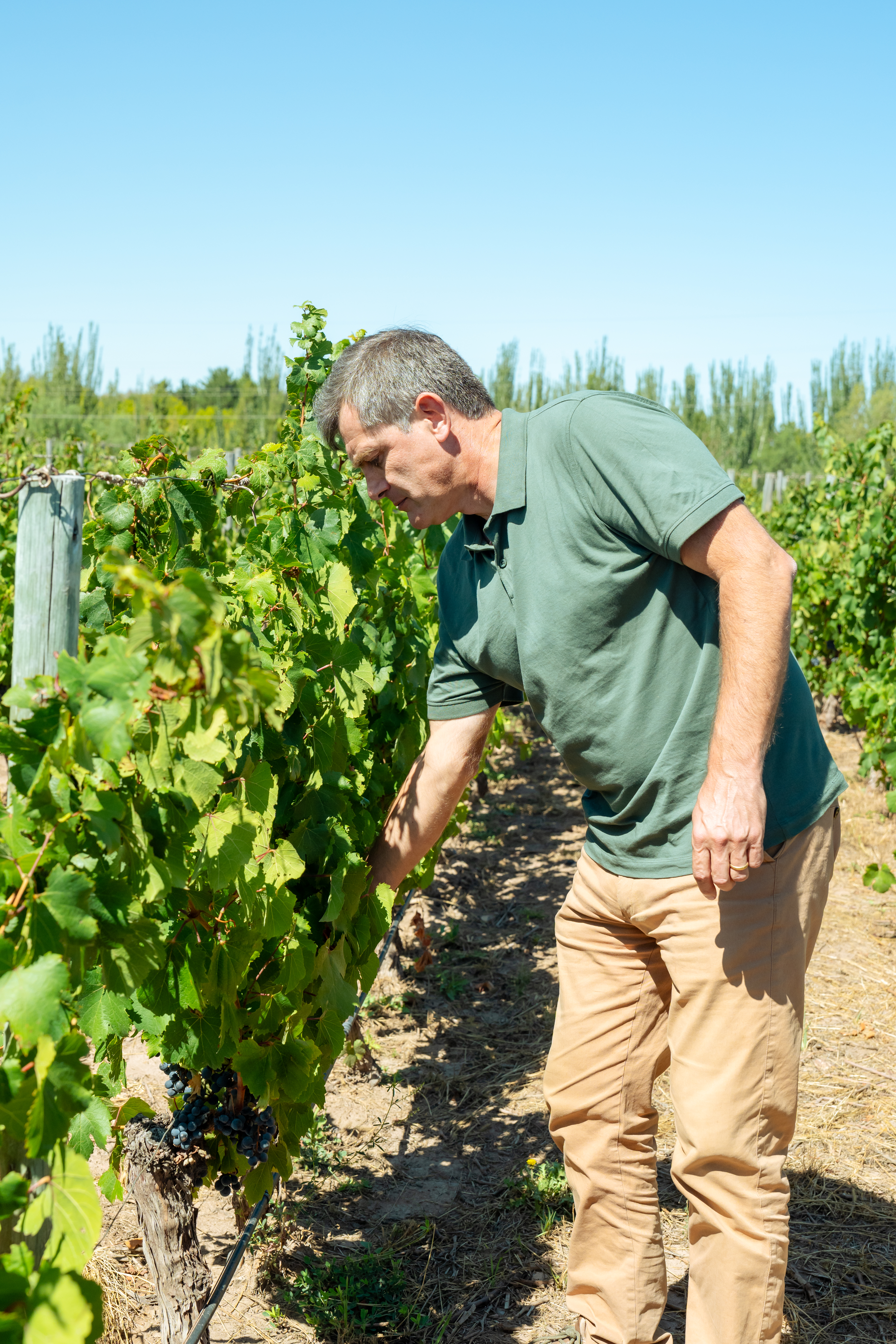
The winemaker today: a leading and influential role
The winemaker’s role begins in the vineyards, where he or she is responsible, together with the field team, for selecting the best vines to grow the relevant grape variety and supervising their care and growth. In addition, he must pay special attention to factors such as the ripeness, sugar balance and acidity of the grapes. In this way, he can deduce the quality of the vintage, as well as the duration times of the stages of the vine’s life cycle. In other words, it can determine the best time to harvest the fruit: the grape harvest.
The second stage takes place in the winery. At this stage, the winemaker’s role is decisive, since fermentation and aging are very important processes in the production of wine, which have a decisive influence on its organoleptic characteristics.
In addition to being part of the winemaking process and making crucial decisions, the winemaker is also an expert in tasting and sampling wines. In fact, he or she constantly tastes the wine to study its progress and determine what is the perfect balance for that variety.
Modern roles of the winemaker:
Today, winemakers have significantly expanded their scope and responsibilities. They are not only involved in the production of the wine within the winery, but also play a crucial role in the promotion and marketing of the products.
For example, Pablo Cúneo, our Head Winemaker, is a leading figure in the international wine scene. He travels to fairs and events around the world, where he interacts with importers, buyers and journalists. He also leads tastings and is the visible face of the winery.
But his role goes beyond mere promotion and sales. Winemakers also play a key role as communicators. Thanks to their deep product knowledge and passion for wine, they can organically and naturally communicate the story and quality behind each label. Their goal is to enhance the consumer experience, helping them to better understand and appreciate the wine they are enjoying.
From simple sample analyzers in winery laboratories, winemakers have gone on to play a leading and influential role in all stages of wine production. Their knowledge, experience and passion are fundamental to the quality and success of the Argentine wine industry.
